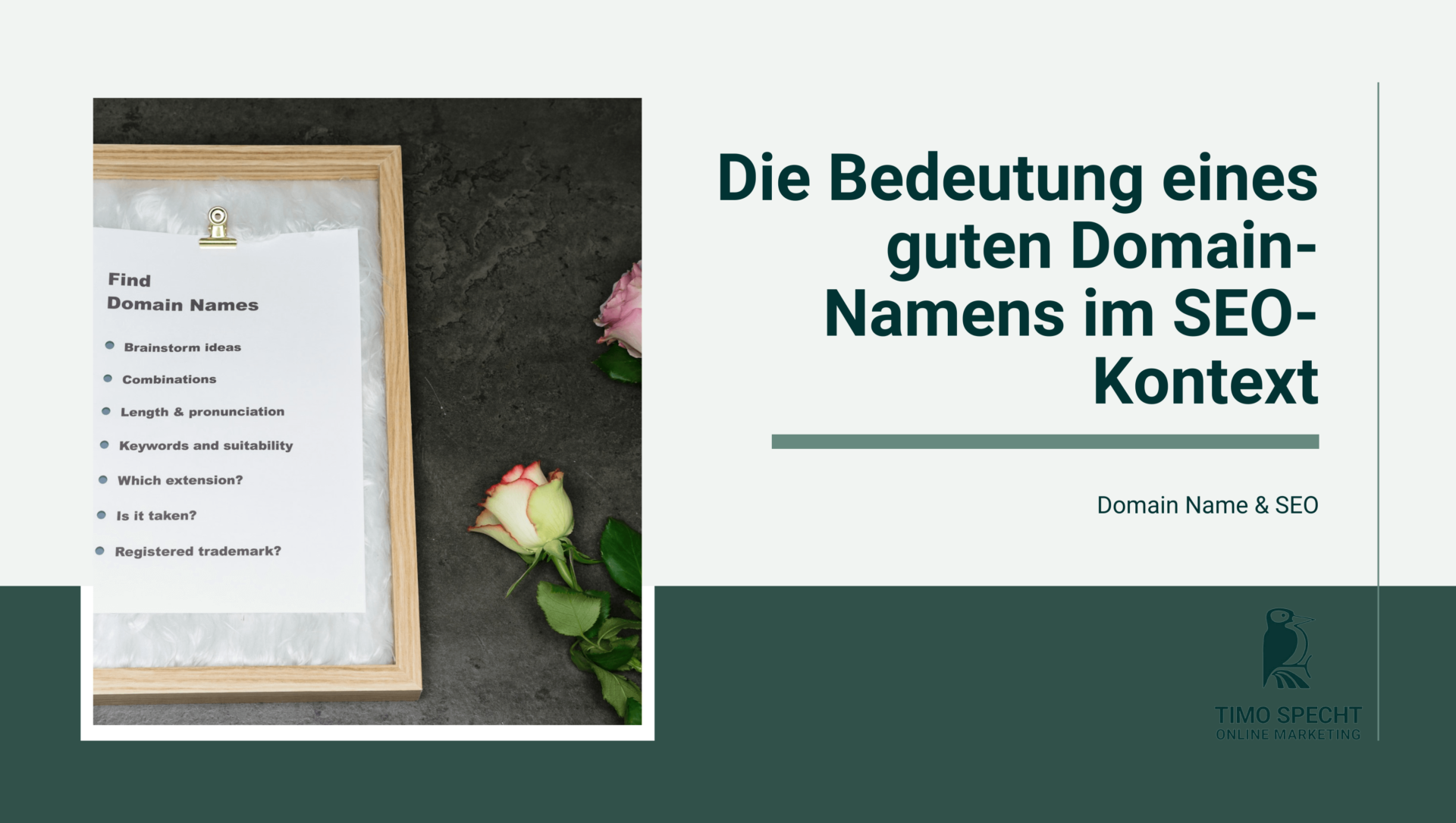In a nutshell: What is the search intention?
If search engine users are looking for specific content or want to perform a specific action, this is referred to as a search intention. There are different types of search intentions that should be addressed in different ways.
What is a search intention?
Depending on what search term search engine users enter into the search mask on Google and other search engines, there is a specific intention behind it. For example, they want to know what a certain foreign word is about and are looking for an explanation. Or they are interested in the advantages of a car tire with run-flat properties.
The search intent mentioned is always a search intention. This makes it all the more important for Google to deliver the best possible result according to the search intent in order to satisfy the user's search query. For this reason, SEOs should also think about what kind of search query a keyword is and provide the appropriate answer accordingly. This may have a positive effect on user behavior.
-
Free
SEO strategy meeting
In a free SEO strategy consultation, we uncover untapped potential and develop a strategy to make you more successful on Google.

- More organic visibility
- More organic visitors to your website
- More inquiries & sales
What types of search intentions are there?
Various types of search intentions are listed below:
- Know searches: When a user makes a know search query, they want to find out more about something. Here it is important to provide them with correct answers in the form of facts, infographics, diagrams and so on. They should also not be too complex. For example, 1-3 sentences are sufficient here.
- Do searches: If, on the other hand, interested parties make a Do search request, they want to achieve a specific goal or carry out an activity. This could be, for example, downloading an app or accessing a specific website. Interested parties are often looking for entertainment. However, it can also be the case that there are commercial interests behind do-searches.
- Website searches: In a targeted website search, users are looking for specific content and subpages. They don't just want to find out about a topic in general, but about a specific thing in detail. For example, they are looking for a sneaker from manufacturer XY, model XY in the color black and size 44, but it can also be a simple search, for example for the "Frankfurter Allgemeine".
- Visit-in-person searches: This type of search intent relates heavily to users who are searching on their cell phone. In such searches, they look for specific stores, restaurants, petrol stations and ATMs in the area, for example. These search queries are therefore location-based.
- Multiple user intent searches: It is not possible to define a specific type for every search query. There are also a few that cover several different search intentions. It is difficult to generalize how to react in this situation. Accordingly, webmasters should look at the keyword and content and react according to their own judgment as to which content is best suited for which target group.
Why should website operators worry about search intent?
In principle, it is very difficult to address all website visitors almost perfectly with your own content and to satisfy them accordingly.
Nevertheless, it makes sense to think about which search queries reach your own project and individual subpages and whether your offer matches them. And this is exactly where the search intent types listed above can help you to offer the majority of users what they are really looking for.
However, offering anything by hook or by crook is not the solution to the problem.
- I am one of the leading SEO experts in Germany
I am known from big media such as Stern, GoDaddy, Onpulson & breakfast television and have already worked with over 100+ well-known clients successful on Google.
Google rating
Based on 185 reviews
Trustpilot rating
Based on 100 reviews
Conclusion: What is the search intention?
Make sure you think about the search intention of your website visitors. Only if you know why users are searching and have entered a certain keyword will you be able to deliver the best and most useful results. So meet the needs of your users and the strategy will work.





